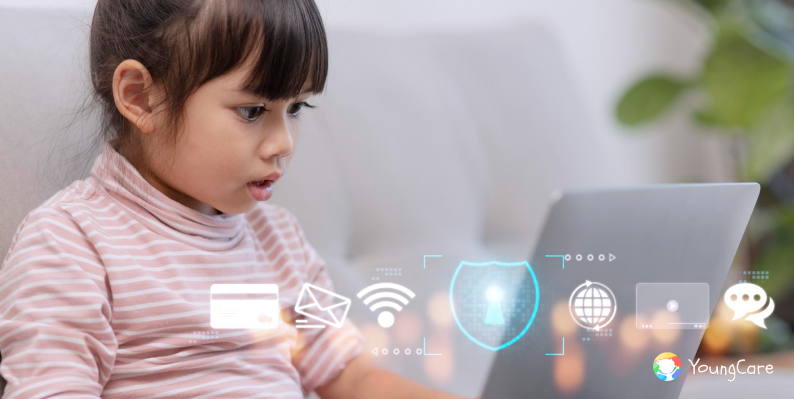GDPR-compliant childcare apps are essential in today’s digital world to protect sensitive data like children’s health and daily updates. Key principles include collecting only necessary data, getting clear parental consent, ensuring security, and offering transparency. Apps like TeachKloud and Illumine show how compliance builds trust with parents, improves provider efficiency, and meets legal standards. While challenges like consent management and data transfers exist, trends like AI, zero-data apps, and blockchain are shaping the future. Choosing certified, secure solutions ensures safety and builds lasting trust.
The Origin of GDPR in Childcare Technology

The GDPR, active since May 2018, is a law that gives people more control over their personal information and makes privacy rules the same across Europe. This law is very important for childcare apps because they deal with sensitive data like children’s medical details, growth progress, and daily routines. As more people use childcare apps, strong privacy protection is a must. That’s why developers now follow GDPR rules when building these apps.
Core Principles of a GDPR-Compliant Childcare App

Important rules to follow for GDPR compliance include:
- Data Minimization: Only collect the information you really need.
- Explicit Consent: Get clear permission from parents or guardians before collecting data.
- Right to Access and Erasure: Let users see their data and ask for it to be deleted if they want.
- Security by Design: Use strong security tools like encryption and regular safety checks.
- Transparency: Clearly explain how data is used and what rights users have.
Apps like TeachKloud and Illumine follow these rules by keeping data safe and using good privacy practices.
Real-World Applications and Relatable Examples

Apps that follow GDPR rules offer many benefits:
- Peace of Mind for Parents: Parents feel safe knowing updates about their child are kept private.
- Efficiency for Providers: Childcare staff can work more smoothly without risking data security.
- Transparency for Regulators: It’s easier for officials to check if everything follows the rules.
More childcare centers now highlight their data privacy practices to attract parents who care about security, using apps like TeachKloud and Illumine to show how safe their systems are.
Challenges and Critical Perspectives

Following GDPR rules can be difficult because of several reasons:
- Complexity of Consent: Getting proper permission from different families can be complicated.
- Cross-Border Data Transfers: Many apps use cloud services outside the EU, which can create problems with data protection.
- Continuous Compliance: Staying up to date with the rules requires regular effort and updates.
- Balancing Usability and Privacy: It’s hard to keep apps easy to use while also protecting user privacy.
Emerging Trends and Future Directions

Childcare technology is quickly evolving with new trends such as:
- AI and Personalization: Smarter features need strong data protection.
- Zero-Data Apps: Apps like Avokiddo use local processing to reduce the risk of sharing data outside.
- Global Standards: Apps are now being built to follow rules from different countries.
- Blockchain for Consent: New ways to track consent using blockchain help make data use more clear and trustworthy.
Conclusion
As digital tools become more important in childcare, following GDPR rules is key to building trust and keeping children’s data safe. Parents and childcare providers should choose clear, trusted, and certified tools. If you’re facing challenges in hiring, try using strong and secure solutions that protect data and improve the overall experience.
Ready to build trust and ensure data safety in your childcare services? Choose GDPR-compliant apps that prioritize privacy, transparency, and security. Whether you’re a parent, provider, or recruiter, using certified digital tools can make a real difference.

